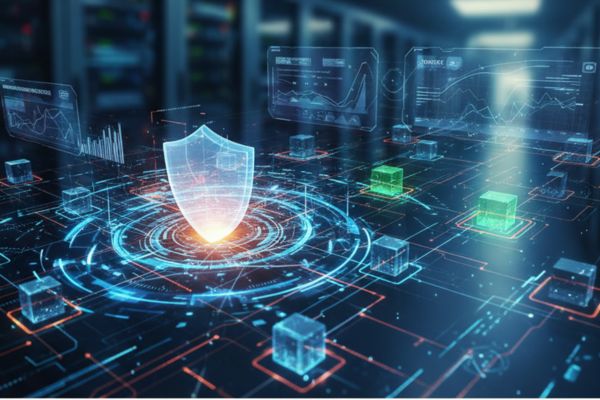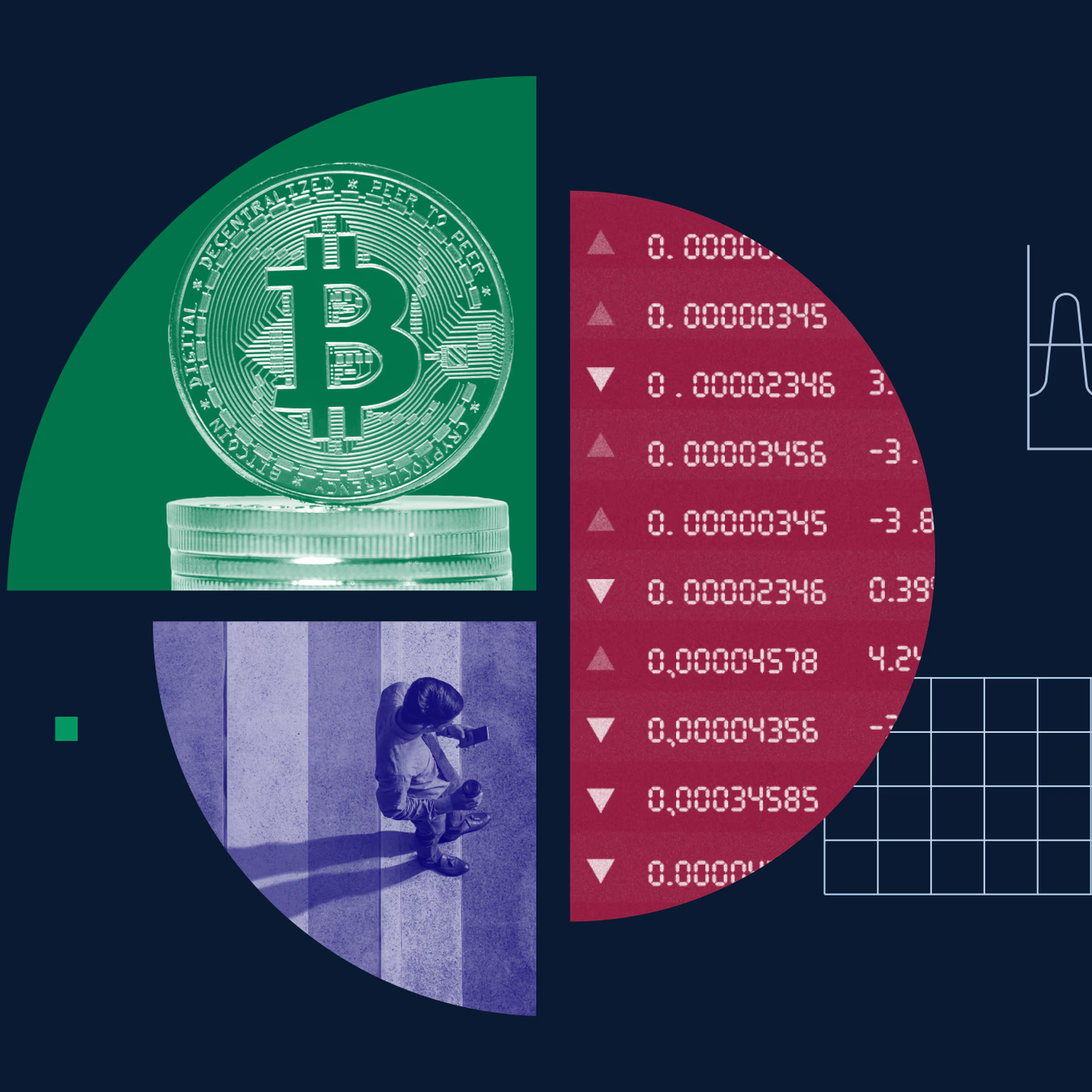Fortinet FortiGuard Labs Observes Darknet Activity Targeting the 2024 United States Presidential....
Fortinet, the global cybersecurity leader driving
the convergence of networking and security, released its FortiGuard Labs Threat
Intelligence Report: Threat Actors Targeting the 2024 U.S. Presidential
Election, which reveals and analyzes threats tied to U.S.-based entities,
voters, and the electoral process. Key findings from the threat intelligence
report include:
“ As the 2024 U.S. presidential election approaches,
it’s critical to recognize and understand the cyberthreats that may impact the
integrity and trustworthiness of the election process and the welfare of the
participating citizens. Cyber adversaries, including state-sponsored actors and
hacktivist groups, are increasingly active leading up to major events like elections.
Remaining vigilant and identifying and analyzing potential cyberthreats and
vulnerabilities is crucial for preparing and safeguarding against the lures and
targeted cyberattacks that could take advantage of a heightened moment in time
and even disrupt or influence electoral outcomes,” said, Derek Manky, Chief
Security Strategist and VP of Global Threat Intelligence at Fortinet
Phishing Scams Targeting Voters Leading Up to the
2024 U.S. Presidential Election: Threat actors are selling affordable phishing
kits on the darknet designed to target voters and donors by impersonating the
presidential candidates and their campaigns.
Malicious Domain Registrations on the Rise: More
than 1,000 new potentially malicious domains have also been registered since
the beginning of 2024 that follow particular patterns and incorporate
election-related content and candidates, suggesting that threat actors are
leveraging the heightened interest surrounding the election to lure
unsuspecting targets and potentially conduct malicious activities.
Darknet Landscape: Billions of records from the U.S.
are for sale on darknet forums, including Social Security numbers (SSNs),
personally identifiable information (PII), and credentials that could be used
in misinformation campaigns and lead to fraudulent activity, phishing scams,
and account takeover; approximately 3% of the posts on darknet forums involve
databases related to business and government entities.
Ransomware Landscape: FortiGuard Labs researchers
noted a 28% increase in ransomware attacks against the U.S. government
year-over-year based on observed leak sites.
Scams Targeting the U.S. 2024 Presidential Election Flood the Darknet
Cyber adversaries, including state-sponsored actors and hacktivist groups, are increasingly active in the lead-up to elections.
The FortiGuard Labs research team observed threat actors selling distinct phishing kits for $1,260 each, created to impersonate U.S. presidential candidates. These kits are designed to harvest personal information, including names, addresses, and credit card (donation) details.
Since January 2024, FortiGuard Labs researchers have also identified more than 1,000 newly registered domain names that incorporate election-related terms and references to prominent political figures. Fraudulent fundraising websites, including secure[.]actsblues[.]com, meant to imitate the legitimate site for ActBlue (secure[.]actblue[.]com), a nonprofit American fundraising platform and political action committee.
The top two most-used hosting providers for these election-themed websites are AMAZON-02 and CLOUDFLARENET. The reliance on major hosting platforms such as Amazon Web Services (AWS) and Cloudflare suggests that threat actors are leveraging these reputable services to enhance the legitimacy and resilience of their malicious domains.
A notable concentration of domains is associated with a limited number of IP addresses, indicating a centralized approach by threat actors to efficiently manage multiple malicious domains to execute large-scale cyber campaigns.
No Shortage of Personal Data Being Sold Aimed at the U.S.
FortiGuard Labs analysis continues to show a
significant number of diverse databases available on darknet forums targeting
the U.S., including SSNs, usernames, email addresses, passwords, credit card
data, date of birth, and other PII that could be used to challenge the
integrity of the 2024 U.S. election. Specific highlights include:
Over 1.3 billion rows of combo lists, which include
usernames, email addresses, and passwords, signify a considerable risk for credential-stuffing
attacks. In such attacks, cybercriminals use these stolen credentials to gain
unauthorized access to accounts, making it a valid and substantial security
concern.
The discovery of 300,000 rows of credit card data,
which include CVV, name, card number, expiration date, and date of birth,
highlights potential financial fraud risks targeting voters and election
officials.
Over 2 billion rows of user databases on the darknet
indicate a heightened exposure to identity theft and targeted phishing attacks.
10% of the posts on darknet forums are associated
with SSN databases, which poses a significant threat by increasing the risk of
personal data breaches.
The U.S.
Government Is an Increasingly Attractive Target
Ransomware attacks targeting government agencies
before an election can impact the electoral process and public trust in
government institutions. Compared to 2023, the FortiGuard Labs research team
observed a 28% spike in ransomware attacks against the U.S. government in 2024.
The darknet has become a hub for U.S.-specific
threats, where malicious actors trade sensitive information and can potentially
develop strategies to exploit vulnerabilities. Approximately 3% of the posts on
these forums involve databases related to business and government entities.
These databases hold critical organizational data that is vulnerable to cyber
exploits and are a prime target for threat actors as the elections come and go.
Recommendations to Prevent and Mitigate Cyberattacks this Election Seaso
Cybersecurity measures are critical to safeguard the integrity of the U.S. 2024 presidential election. Following fundamental best practices can help prevent and mitigate the effects of cyber incidents. The full list of recommendations and best practices can be found in the report, but some key takeaways for citizens, business leaders, and election officials include:
Always remain vigilant for suspicious behavior or
activity leading up to major events and prioritize good cyber hygiene.
Prioritize employee training and awareness.
Enforce multi-factor authentication and a
strong-password policy.
Install endpoint protection solutions.
Patch operating systems and web servers and update
software regularly.

































Leave A Comment